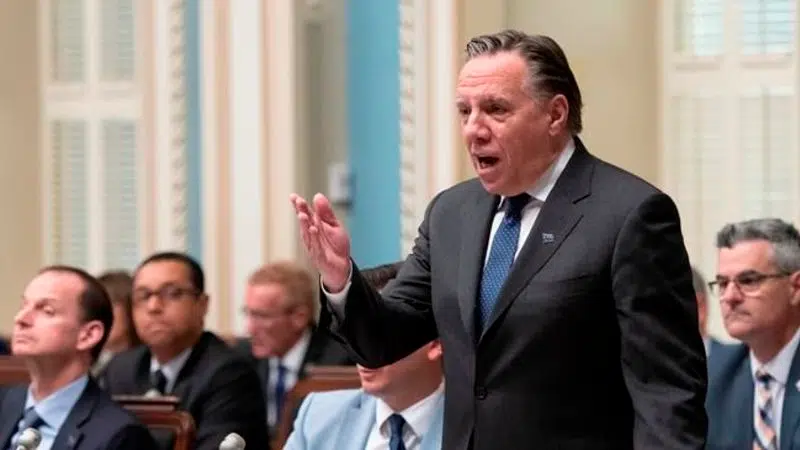
Legault government trying to adopt secularism bill ahead of summer break
MONTREAL — The Coalition Avenir Quebec government is running out of time and into a battle over what constitutes a religious symbol as it pushes to adopt the secularism bill promised in last fall’s election campaign.
Premier Francois Legault and his cabinet have stated they want the bill banning many public sector workers from wearing religious symbols passed before the legislature’s scheduled summer break this Friday.
But the premier Wednesday accused the Opposition Liberals of slowing down the legislative process to protest the bill, and a new amendment presented as a compromise seems only to be causing more delays.
Quebec’s Bill 21 would prohibit public servants in positions of authority — including teachers, police officers, Crown prosecutors and prison guards — from wearing religious symbols on the job. The original draft of the bill didn’t define religious symbols, drawing criticism from the Liberals and others groups.


